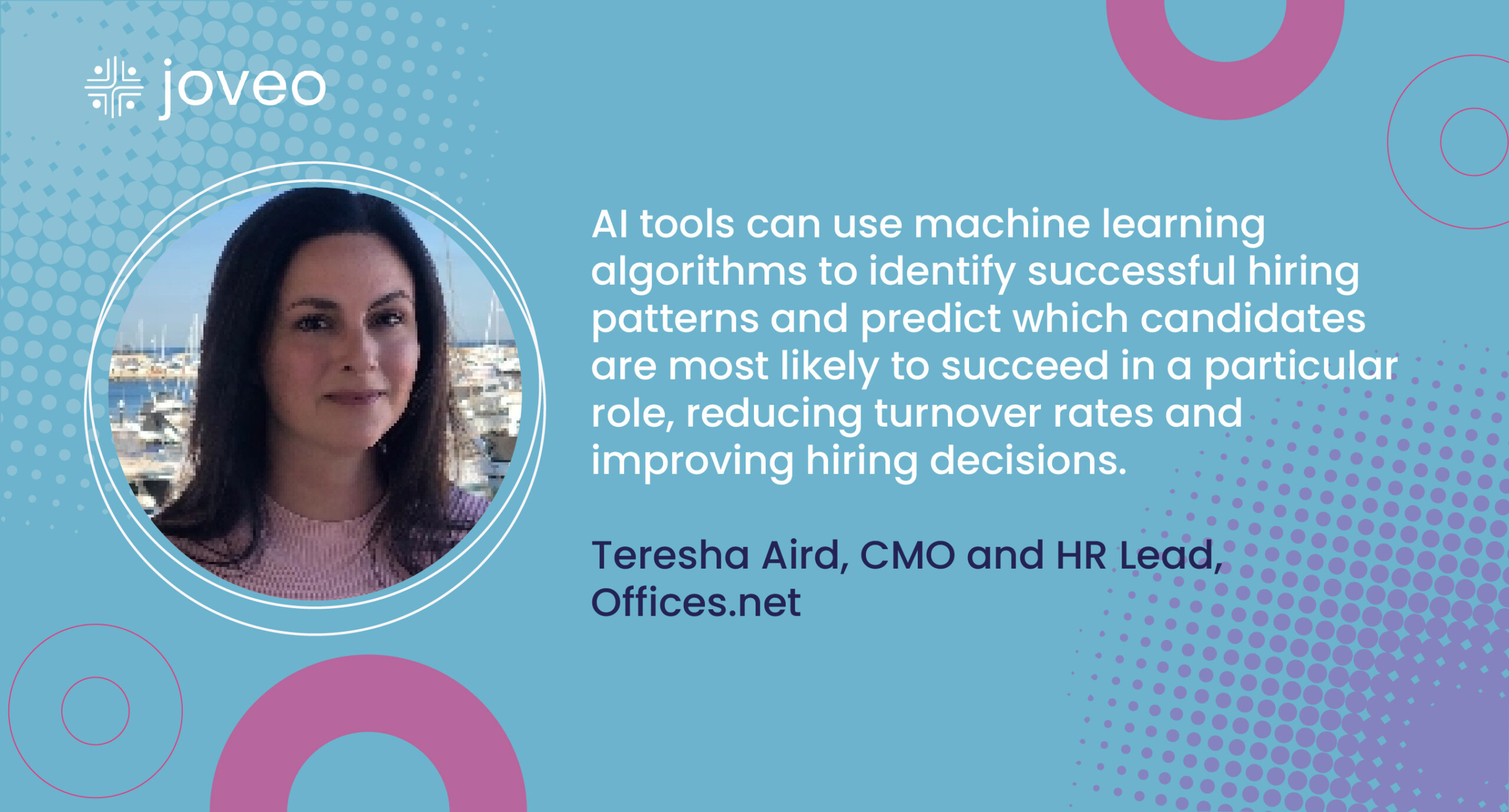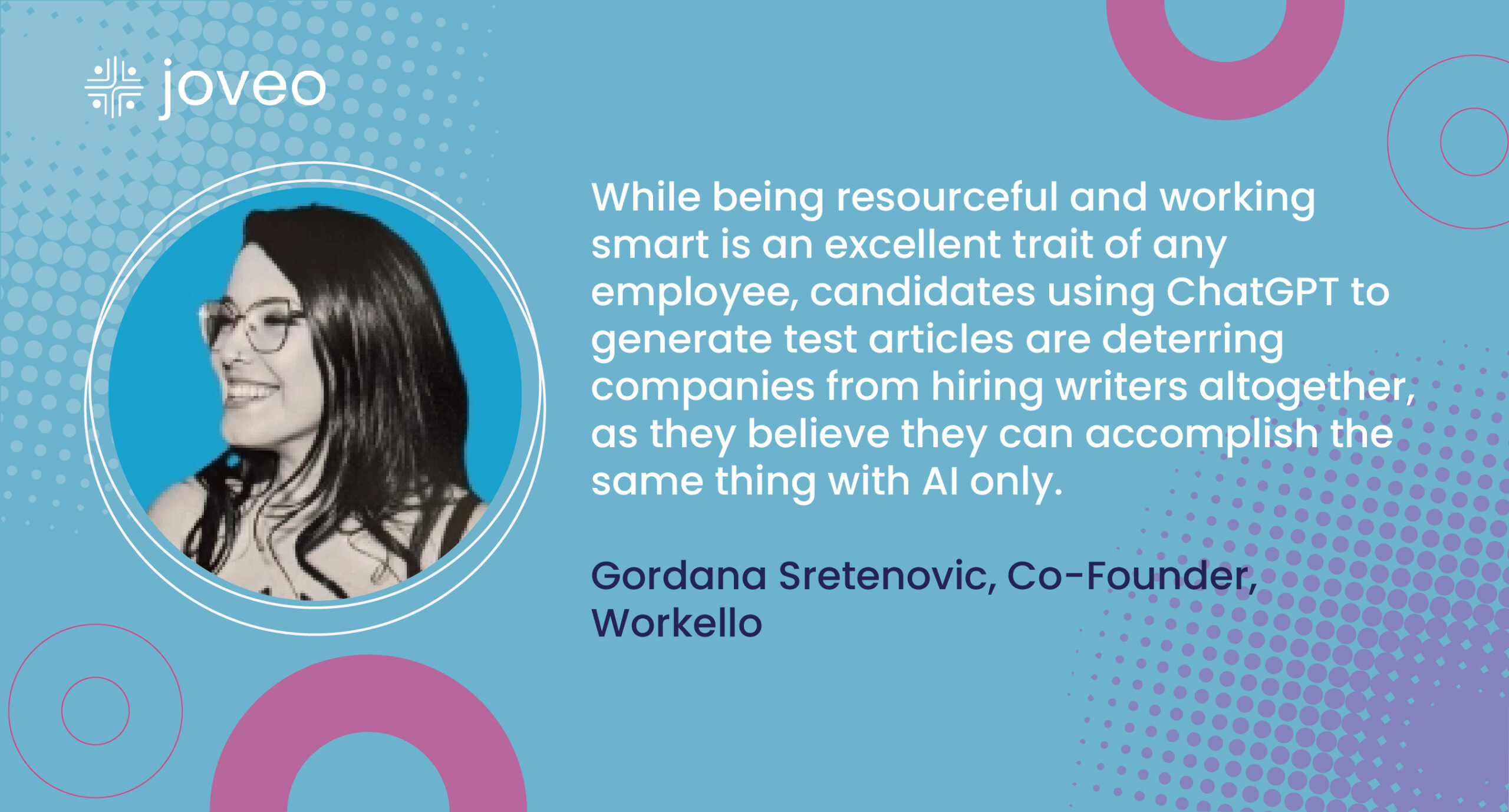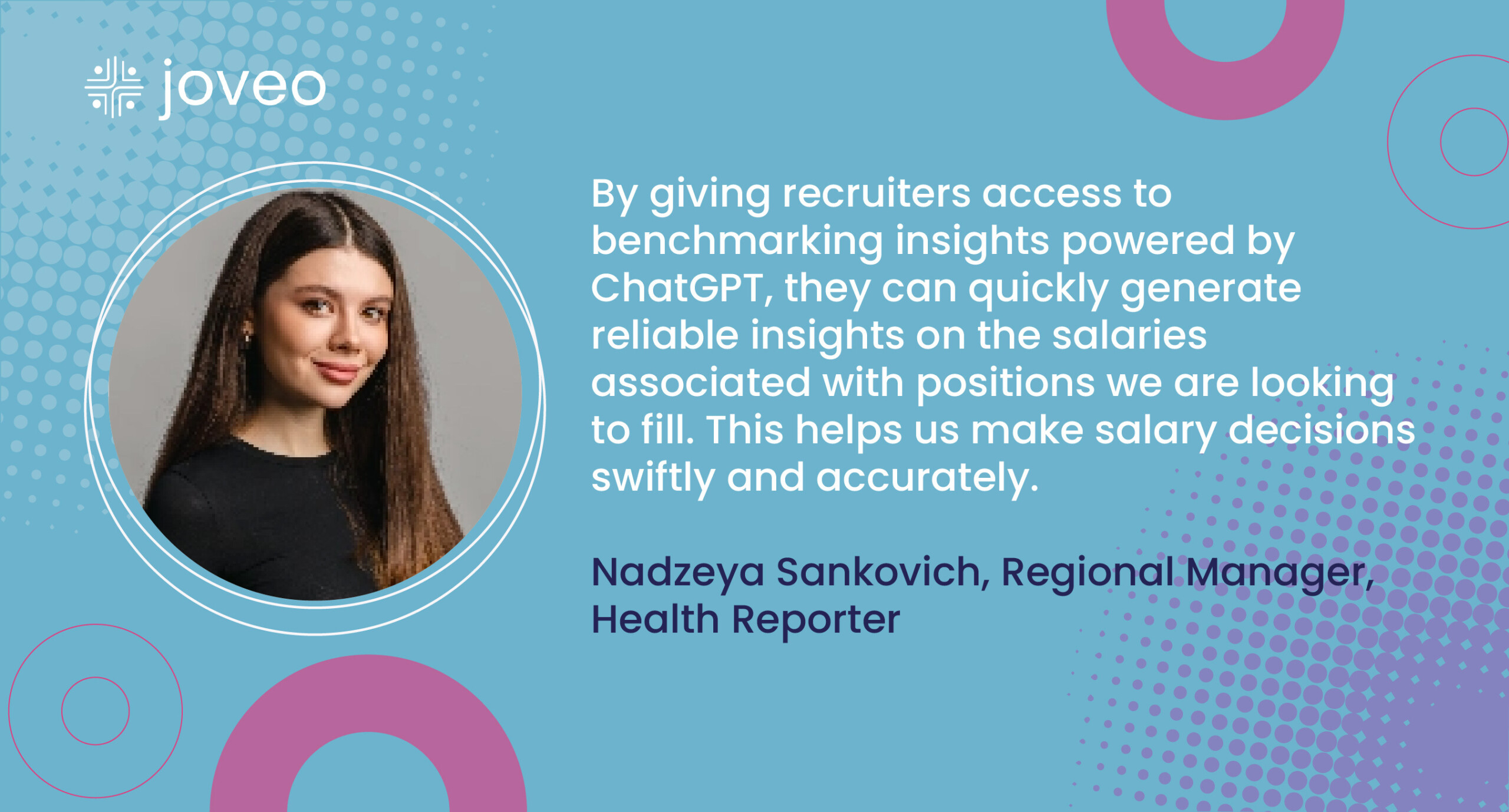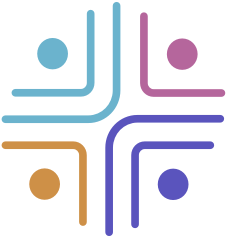From capturing candidates’ full range of skills to generating reliable insights on salaries, here are 10 answers to the question, “How will ChatGPT affect talent acquisition?”
Imparting Recruiters With a Holistic View
Advanced AI tools can affect talent acquisition by providing recruiters with a more holistic view of candidates’ potential. Many recruiters still rely on resumes and job applications to evaluate candidates’ qualifications and experience.
While these documents can provide valuable information, they often cannot capture candidates’ full range of skills, interests, and potential. By analyzing a candidate’s digital footprint, AI tools can provide a more comprehensive understanding of their personality and potential.
This can help identify candidates with unique skills and perspectives that may benefit a particular organization’s culture and objectives. AI tools can use machine learning algorithms to identify successful hiring patterns and predict which candidates are most likely to succeed in a particular role, reducing turnover rates and improving hiring decisions by only selecting candidates that are a good fit.
Teresha Aird, CMO and HR Lead, Offices.net

Overlooking Skills and Qualifications
Platforms like ChatGPT may not be fully inclusive regarding talent acquisition. While there are benefits to these types of automated systems, they may also have limitations that could disadvantage some groups.
For example, if we use demographically and educationally biased algorithms used to screen candidates toward certain demographics or educational backgrounds, they may not accurately assess the skills and qualifications of candidates from underrepresented groups. To ensure that recruitment processes are inclusive, it’s important to use a variety of assessment methods and to provide equal access to information and resources.
This may involve offering alternative methods of communication or assessment, reducing bias in decision-making, and regularly evaluating and updating recruitment practices. By addressing these concerns, organizations can ensure that their talent acquisition processes are fair, effective, and inclusive for all candidates.
Lekeshia Hicks, CEO, Lekeshia Hicks
Testing the Abilities of Job Candidates
ChatGPT and similar tools can provide job candidates with an innovative and interactive platform to showcase their skills and abilities. Companies can use this as an alternative to traditional resumes and cover letters to show the candidate’s inventiveness, problem-solving skills, and how fast they can think.
For example, suppose we’re looking for someone to work in customer service. ChatGPT could simulate customer service interactions in which we present job candidates with difficult scenarios and ask them to respond in real-time.
This way, our recruiters could evaluate not only the candidate’s technical knowledge but also their communication skills, empathy, and ability to deal with pressure.
Johannes Larsson, Founder and CEO, Johannes Larsson
Writing Exceptional Job Descriptions
I’m a big fan of using ChatGPT to write job descriptions because the copy it produces is outstanding! I started using ChatGPT at the end of last year, and ever since, I’ve received about 50% more candidates for each job posting.
So if you want to take your talent acquisition to the next level, head over to your favorite ChatGPT tool, sign up for an account, and ask the AI to write a job description. To get more accurate results, let the AI know about any special qualifications and experience a candidate’s needs.
Scott Lieberman, Owner, Touchdown Money
From features and benefits, to insights about the future of AI in the world of recruitment, we’ve got it all.
Wondering How AI Can Help You Rock Your Talent Acquisition Goals?
Deterring Companies From Hiring Writers
I run an HR startup that helps companies hire anyone by providing pre-hire assessments. I have noticed a significant increase in AI-generated cover letters and skills tests, particularly when hiring content writers.
While being resourceful and working smart is an excellent trait of any employee, candidates using ChatGPT to generate test articles are deterring companies from hiring writers altogether, as they believe they can accomplish the same thing with AI only.
Hiring managers now have to use AI-checkers and add another step to candidate evaluation, which can make them work slower and take longer to find the right talent.
We’ve implemented AI-checker APIs to make the process faster for our customers, but most HR tools still don’t have this functionality, and I can see how this can make the hiring cycles longer and harder to manage than before ChatGPT was publicly available.
Gordana Sretenovic, Co-Founder, Workello

Replacing Cover Letters With Video Introductions
As soon as the OpenAI software launched, candidates were expressing excitement about what it could do to eliminate the boring work of introducing oneself through a cover letter. But of course, a shift in talent acquisition soon followed this.
Personally, I’ve never been a big fan of cover letters, and now that I’m seeing more and more robotic introductions, I’m incorporating new techniques into my search.
A video introduction is a lot harder to hand over to AI, but workers shouldn’t worry. Recording yourself is a great opportunity to show off your personality and poise, so think of the move away from cover letters as an opportunity, not a chore.
Linn Atiyeh, CEO, Bemana
Engaging Candidates in Meaningful Dialogue
ChatGPT is a conversational AI that can assist with talent acquisition by engaging candidates in meaningful dialogue. It can gather valuable insights about potential hires, which enable recruiters to make better decisions on who to bring on board.
One uncommon way of using ChatGPT for talent acquisition might be for virtual job fairs; recruiters could use it as an automated chatbot that can start conversations with visitors, engage them in suitable topics, and answer questions they may have regarding the company or open positions.
This would reduce the overhead of having staff manually answer inquiries while providing an enhanced experience similar to actually interacting with someone in-person.
Grace He, People and Culture Director, TeamBuilding
Helping Identify Job Patterns
I’ve been trying this. ChatGPT can analyze job descriptions and identify language patterns that are more likely to attract top candidates.
By analyzing millions of job postings and resumes, ChatGPT’s engine can identify which keywords and phrases are associated with successful hires, and help recruiters optimize their job descriptions to attract the right candidates.
Tony Deblauwe, VP of Human Resources, Celigo
Streamlining Recruitment and Enhancing Candidate Experience
Recruitment chatbots powered by language models can engage with potential candidates, answer their queries, and schedule interviews, taking the burden off recruiters.
ChatGPT can scan large volumes of candidate data, analyze it and process it to identify the most suitable candidates for specific positions, helping recruiters make informed decisions. Using ChatGPT also improves the candidate’s experience by providing personalized and interactive communication.
Through chatbots, candidates can receive real-time feedback and support, improving the efficiency of the recruitment process. However, while ChatGPT has the potential to automate a significant portion of the recruitment process, it is crucial to note that it should not replace the human touch.
The technology should support and augment the work of recruiters rather than replace it. Recruiters must use their judgment and experience to make the final decisions in the recruitment process.
Kimberley Tyler-Smith, VP of Strategy and Growth, Resume Worded
Getting Salary Benchmarking Data
Using ChatGPT to support talent acquisition has yielded positive results for our organization. Specifically, we have seen significant improvements in our process of deriving salary benchmarking data.
By giving recruiters access to benchmarking insights powered by ChatGPT, they can quickly generate reliable insights on the salaries associated with positions we are looking to fill. This helps us make salary decisions swiftly and accurately, without relying too heavily on the costly services of industry experts or other external sources.
It is an exciting tool that has enabled us to streamline the recruitment process at key stages, and I am proud of how far our hiring practices have come from where they were when I first joined.
Nadzeya Sankovich, Regional Manager, Health Reporter

Wondering how to up your recruitment game with AI? Well, we can help with that! Well, that’s an easy fix – just ask us for a demo! And don’t forget to follow us on Twitter and LinkedIn.















